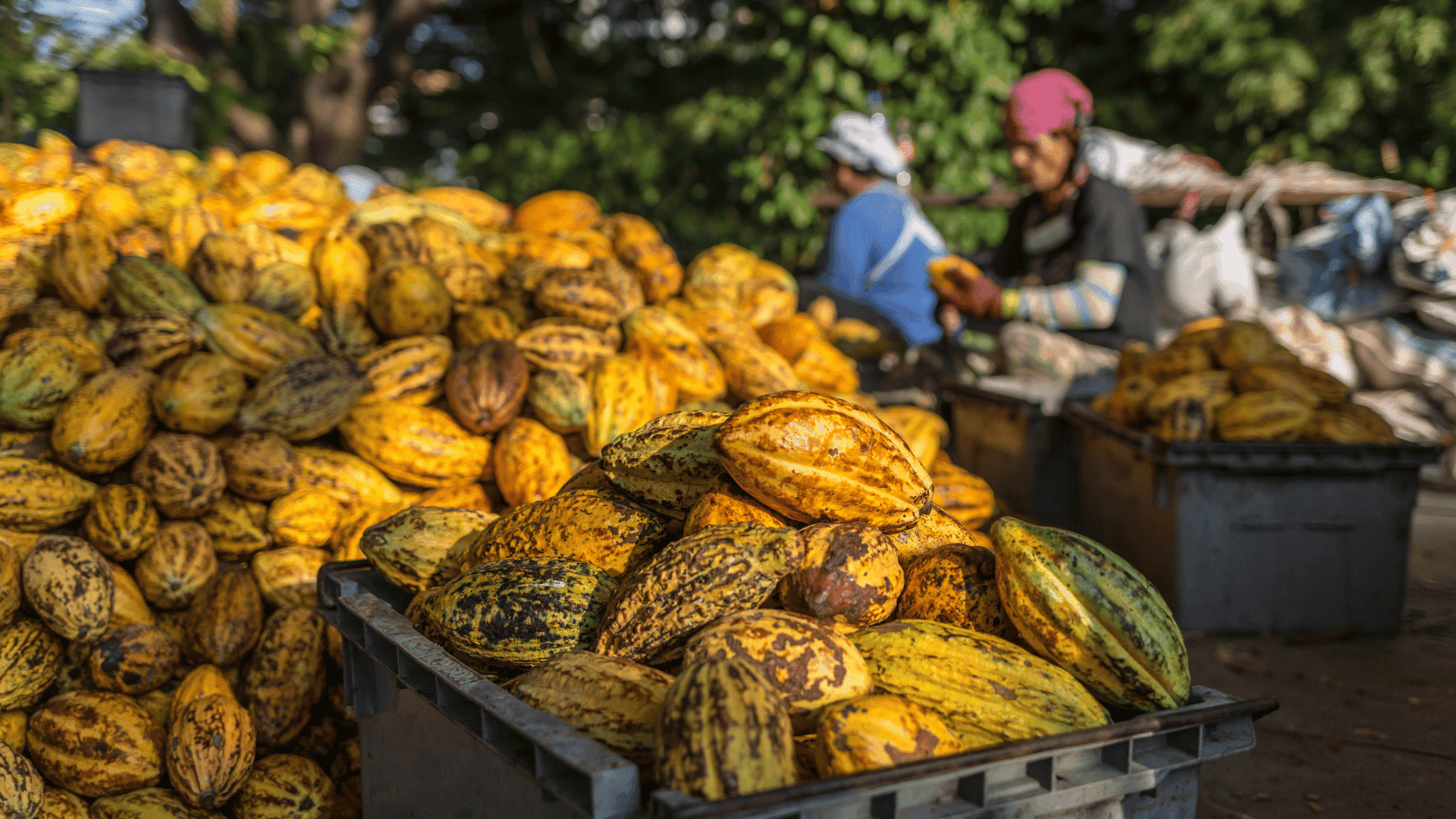
Editor’s Note: Free trade, non-restricted imports or exports, thrives on harmonised standards. However, national regulations such as protective tariffs and trade embargoes often create barriers, especially in agriculture. This piece discusses how a new harmonised standard, the Codex Alimentarius, plays a crucial role in bridging these barriers, facilitating smoother trade between countries. As seen in the coffee industry, Codex fosters regulatory alignment, reduces trade disruptions and reinforces economic stability—a vital but often unseen force in international commerce.
There’s no such thing as a free lunch, we’re told. But what about free trade? Free Trade Agreements are designed to encourage deeper and fairer trade relationships between partners and are aimed at the end goal of mutually beneficial economic growth.
At the same time, this does not preclude some degree of national ringfencing and cultural safeguarding. Certain sectors of an economy, specific industries or products may be exempted from tariff reductions, for example, or quotas may be used to limit imports. While free trade is a desired outcome, the nuances of trade are complex.
Governments, of course, pursue and set policies intended, first and foremost, to promote and protect their domestic constituencies, and few industries are treated as sensitively as a country’s agriculture and food production. Food is intrinsically linked to a country’s history, culture, health and safety. Regulatory policies that govern local production and imports are shaped by these factors and often differ among countries. Those differences can serve as barriers to trade that inhibit economic growth and thus end up impacting the very constituents that governments seek to protect.
The Codex Alimentarius (Codex) was established as part of a baseline agreement on trade to ameliorate the barrier-effect of these nation-by-nation differences, and it is highly effective at doing so. Codex is a collection of international standards and operational procedures that underpin a trade environment protective of consumer health and safety. Essentially, Codex serves as a reference point against which individual governments may evaluate and set their own policies. In light of the growing interdependence of countries and supply chains, Codex is more relevant today than ever. Its role as a hidden hand encouraging fair trade has been highlighted in a recent independent examination of the coffee industry undertaken by Bryant Christie Inc.
Coffee is grown in 75 countries, with seventy per cent of global production exported as green coffee beans. Even in those countries with lower production volumes, coffee exports often contribute significant export income, making it a high-value commodity. And while many countries do not boast domestic coffee bean production, they do derive considerable value by further processing, roasting and selling finished coffee products. Much of the value from coffee accrues to these later stages of production.
The benefits to coffee growers and to those that add value later in the supply chain depend upon the smooth operation of global green coffee trade flows. As with most agricultural products, even responsible pesticide usage and the application of regulations around pesticide residues can present an obstacle to trade if regulations differ between trade partners. Coffee can be particularly susceptible due to the number of countries involved in the global supply chain in terms of both production, processing and consumption.
Here, Codex standards are seen to be key in reducing the risk of trade disruption. Codex applies the same science-based risk analysis as national governments to establish recommended pesticide Maximum Residue Limits (MRLs) around which trade partners can harmonize. That work has paid dividends. Among 40 trade partners whose coffee MRL standards were reviewed in the study, 15 maintain a policy of full deferral to Codex, eight defer to Codex in the absence of a national MRL, and almost all others incorporate the Codex standard and science as reference during their own national MRL-setting process.
The result is a high degree of harmonisation among trade partners. As is illustrated in the study, an average of 71 per cent of coffee bean MRLs were set at the same level as the corresponding Codex MRL.
Codex provides a science-based reference for food and agriculture regulations. These standards help inform national governments during their own standard-setting procedures, and international trade is more efficient for it. The work of Codex strengthens the regulatory environment for fair trade, bringing economic opportunity, stability and security, and giving reassurance to consumers about the safety of the food and agricultural products they purchase.
A hidden hand indeed!





